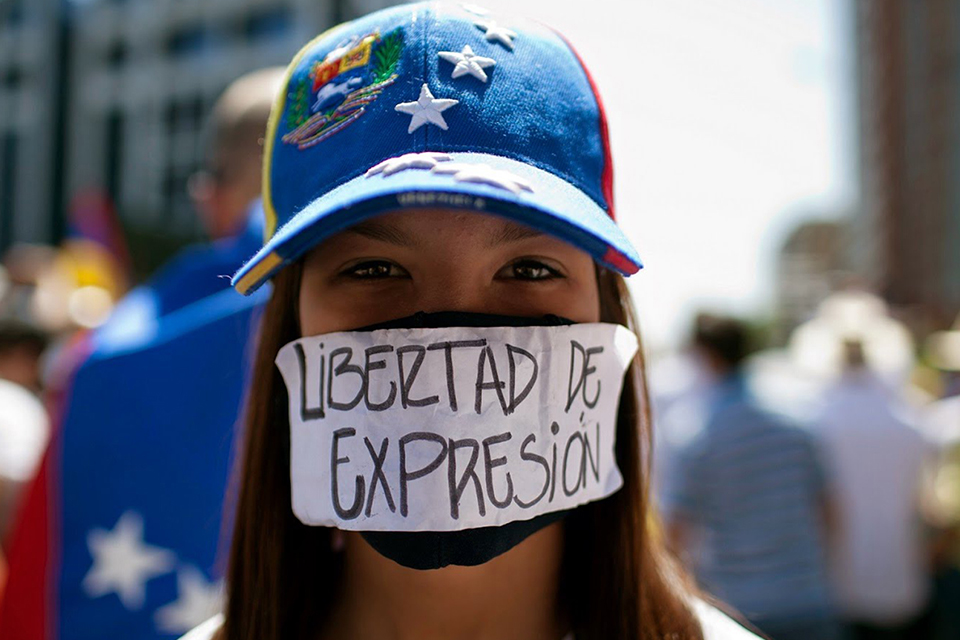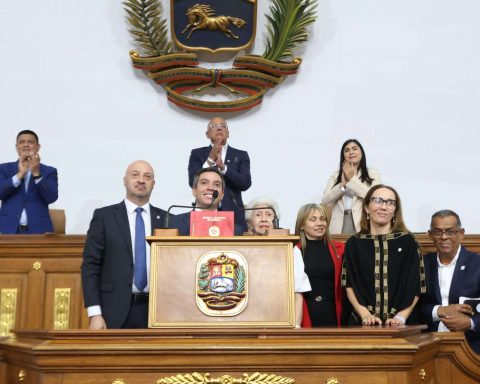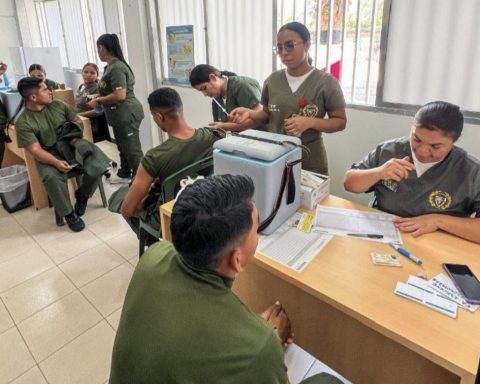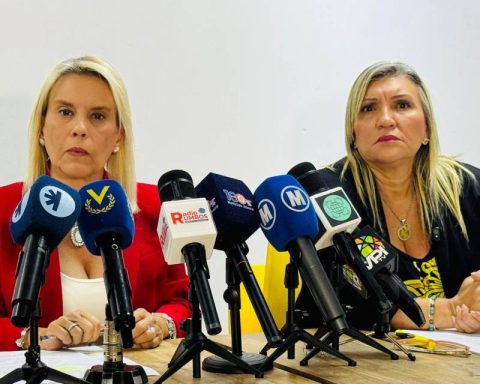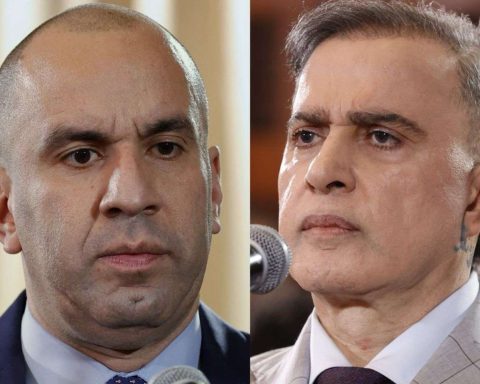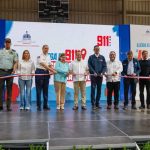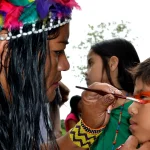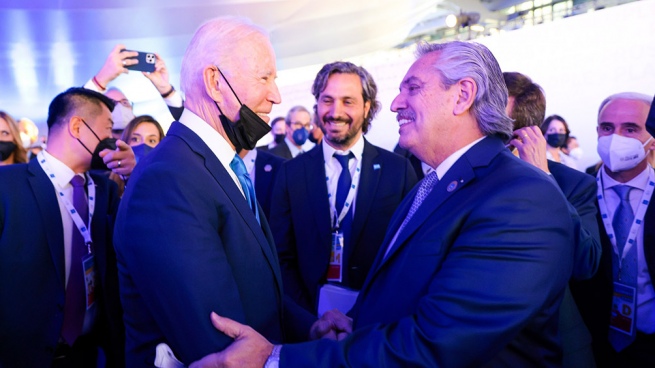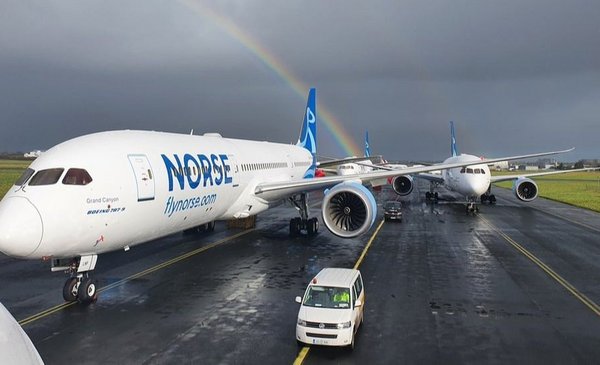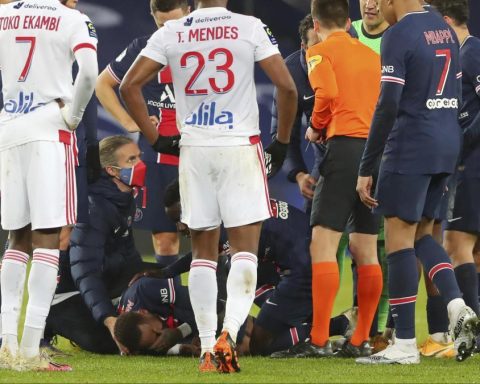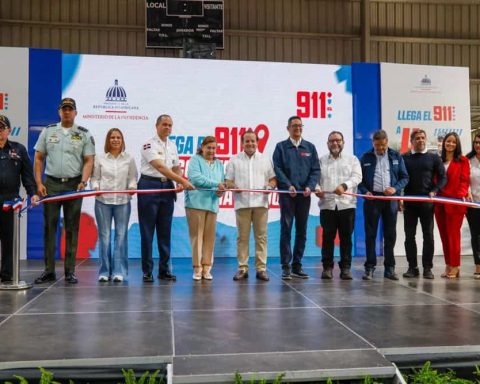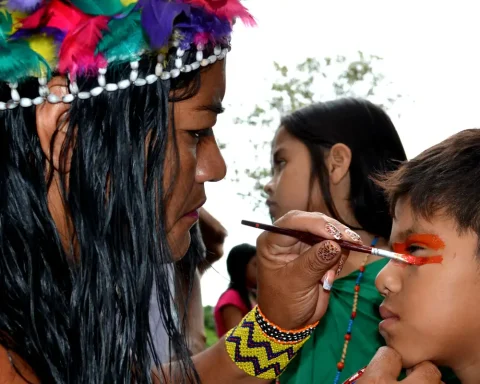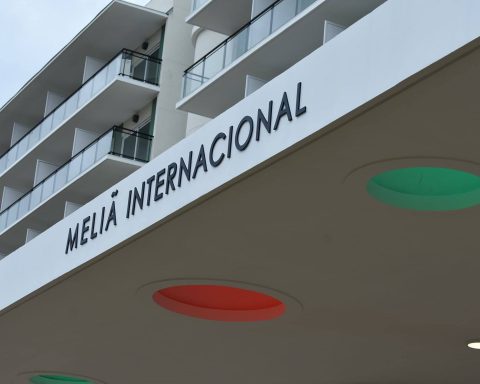State institutions continue to be the main perpetrators of violations of freedom of expression, while among the victims are the general public, the media, NGOs and journalists.
In the fifth month of the year there were 11 cases for a total of 14 violations of freedom of expression and harassment of information, according to the NGO Espacio Público, which reported the closure of two radio stations in the aforementioned period.
Of the total, 13 acts of violation of freedom of expression were related to censorship, judicial harassment and intimidation and one of administrative restriction specifies the report issued.
Seven of the cases of violation of freedom of expression were promoted by State institutions, being the perpetrator in 63% of the violations of the month. The main victim was the general public (7 cases), together with the media, NGOs or members thereof; and journalists or reporters (two cases each).
Continued harassment and closures
May started with a assault case to the journalist Leonor Arguelles by the ruling councilor, José Sierra. This happened in the middle of a session of the municipal council of Maracaibo in which the municipal award for journalism was discussed.
The attack occurred on May 5 after Argüelles gave a speech in the chamber stating that the award should be given to certified journalists and graduates of public or private universities and not to popular communicators, as requested by the United Socialist Party bench. of Venezuela (PSUV).
Due to the fact there were blows and shoves. In addition, the Chamber suspended the public debate in which a possible reform to the ordinance of the Maracaibo Municipal Prize for Journalism was discussed.
On May 18, three officials from the Barinas State Police (PoliBarinas) harassed a delegation of the Human Rights Foundation of Los Llanos (Fundehullan) while they held a discussion on Human Rights and a medical conference at the Cultural House of the Obispos municipality.
According to what the NGO denounced, the PoliBarinas commission was recording and interrogating its members and demanded that they stop their activities because, according to the officials, drug delivery activities are prohibited.
This is the second time in less than two years that State officials and/or police forces have acted against the humanitarian work it carries out. Fundehullanignoring the international legislation and the Venezuelan Constitution that protect the assistance and humanitarian aid carried out by the associations.
While on May 16, the initiation of a criminal proceeding by the governor of Carabobo state, Rafael Lacava, was made public; against human rights activists Marine Alvarado, from Provide; Y Alfredo Infante, from the Gumilla Center; for the alleged commission of the “crime of continued aggravated defamation”.
The judicial act occurred two months after Provea and the Gumilla Center presented the joint report “Lupa por la vida”. This document states that the Carabobo state police “are among the deadliest in Venezuela” with 221 presumed victims of extrajudicial executions.
Alvarado recommended that the authorities investigate Lacava for his “alleged responsibilities” in the chain of command of the executions by the security forces under his charge.
Internet
On May 1, the Internet Observatory Go Without Filter reported that the traffic from the private operator NetUno fell more than 42% compared to the values of the same time, a week ago. Possibly the failure was caused by technical problems of the operator or its wholesalers.
On May 7, the state company Cantv reported that due to alleged technical incidents on one of its platforms there had been difficulties accessing the internet in the country. The fault persisted until the following day in various regions.
Meanwhile, on May 10 Go Without Filter reported a blackout in Barinas that affected connectivity in that region; as well as in part of the Trujillo state. A week later there was a critical drop in connectivity from the private provider Inter for around 50 minutes, according to the Internet Observatory. The fault mainly affected the states of Yaracuy, Lara, Anzoátegui and Aragua.
Read the complete information here
